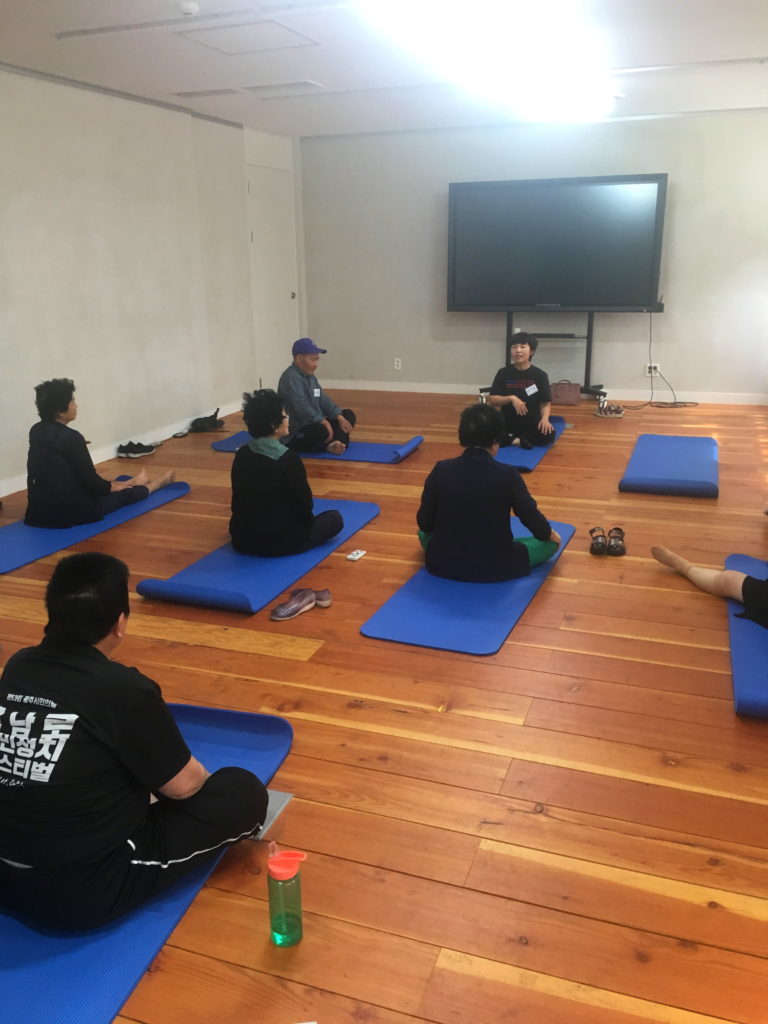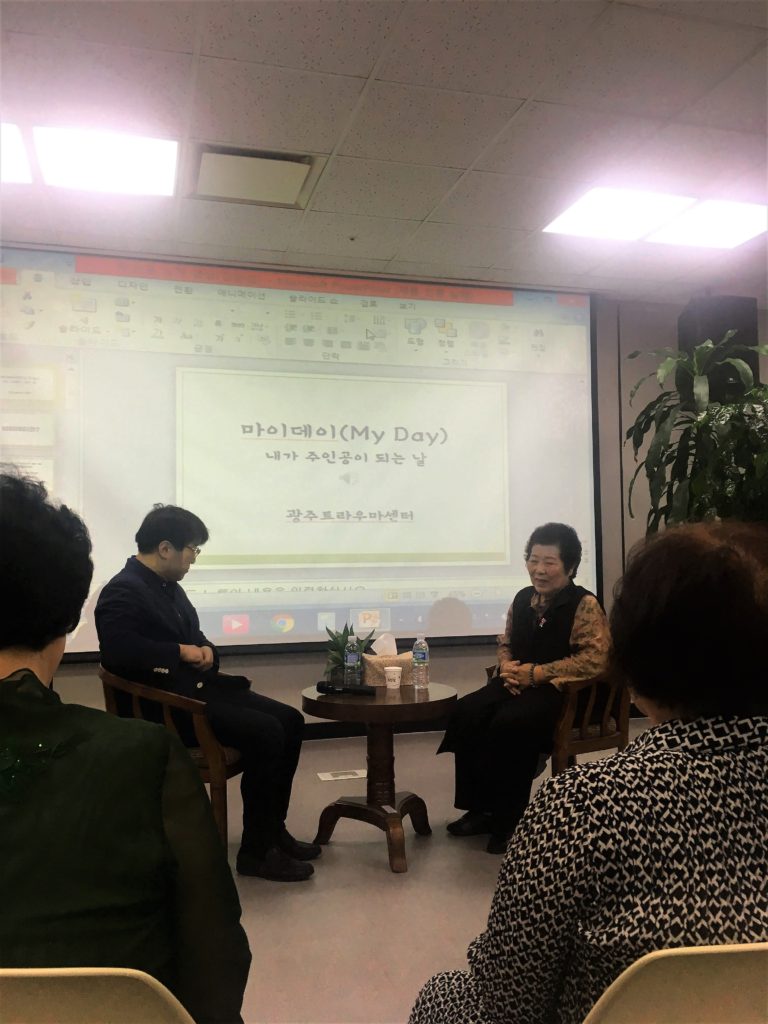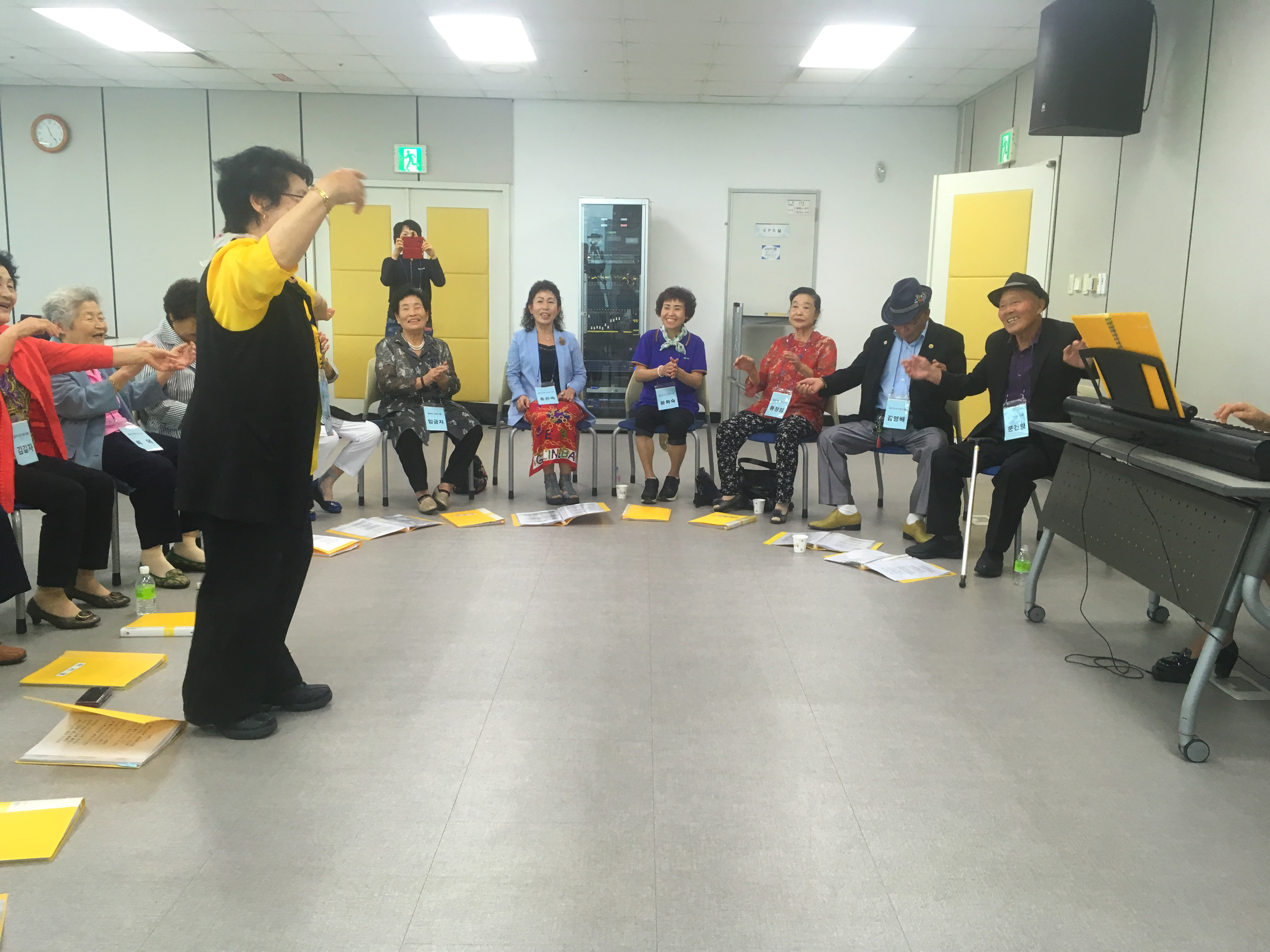Rehabilitation Therapies for Trauma Sufferers
Written and photographed by Chloe Chan
Have you ever experienced extremely desperate and stressful situations that make you feel hopeless and emotionally collapsed? Have you ever felt like you remain trapped in the same pattern, struggling with negative emotions and memories? If the answer is yes, then it may indicate that you have been suffering from psychological trauma(s) and are most likely considered traumatized.
Even though it sounds a bit frightening, as a matter of fact, it is sort of inevitable. Almost all of us have experienced a certain level of trauma, and we do not even notice how it could be affecting our lives. Psychological traumas can be caused by accidents, bullying, or injuries, and in serious cases, trauma can have long-lasting, seemingly insurmountable side effects on our lives. This is especially true for people who have suffered from state violence, as they often manifest serious trauma symptoms and a very low sense of security.
During the 5.18 (May 18) Gwangju Uprising in 1980, for the purpose of achieving political goals, lots of innocent civilians were attacked and killed by the military dictatorship. Since then, many Gwangju citizens have been suffering from horrific post-traumatic stress disorder symptoms, which in some cases lead to higher suicide rates. According to 2008 data from The May 18 Memorial Foundation, of the people who died due to the 5.18 Incident, 42 (or 10.4%) out of a total 381 committed suicide.
In 2012, South Korea had the highest suicide rate among members of the Organization for Economic Cooperation and Development. As a response, the Korean government has decided to establish different organizations in order to help with the situation, to provide tailored rehabilitation services for survivors, and to increase human rights awareness. The Gwangju Trauma Center (GTC) is one of the International Rehabilitation Council for Torture Victims (IRCTV) member centers founded to fulfill these responsibilities put forward by the government. Working as an intern there, I have discovered many kinds of healing therapies that, although quite different from those medical methods that we are already used to, are still notably effective in some ways.
Music Therapy
In an effort to rebuild the lives of trauma suffers, the GTC provides various kinds of treatments, including music therapy. As most of the members there are elders, they often encounter problems with expressing themselves or eliciting emotions. In these cases, music therapy is a creative way to help them address their feelings deep within and develop self-consciousness. The GTC has formed a choir with state violence survivors and their family members, and has successfully implemented music therapy into their rehabilitation program. In September, when I first took part in the program, I was quite amazed that apart from singing, many physical movements and social activities were also involved during the process.
Undoubtedly, music can bring us emotional security and support; what is more, music therapy provides avenues for communicating feelings in ways other than merely through words. For sure, the meanings of the lyrics of their songs do carry some positive vibes, but there was a certain moment when everyone in the choir was so motivated that I felt like those lyrics just suddenly went unnoticed; the music transcended words and became the best language.
To give you an idea of how a music therapy session works, the session starts with a greeting song that includes everyone’s name in the lyrics, and then ends up with the participants holding hands to a heartwarming goodbye song. The process offered such a childlike sense of healing, but surprisingly, I felt like my inner child was awake, and I believed the resurrection of peace and innocence could bring gradual, positive effects to the survivors’ weary, wounded hearts.

Yoga Movement Therapy
The GTC is providing regular psychological support at a provincial government building which is recognized as an ongoing demonstration venue, especially for 5.18 Gwangju Uprising truth-seeking activists. Rehabilitation services and programs are offered to the state violence survivors who have experienced horrendous abuses. Yoga therapy is one such program held there.
Yoga has been growing in popularity in recent years. Some people may think yoga is just an ordinary physical activity that is widely known to improve one’s flexibility and health condition. But above all, yoga has a significant characteristic that puts emphasis on maintaining a stable mental status and relieving pain through its practice. Without requiring intense mobility, yoga also helps with loosening stiff muscles as well as bringing mental calmness; hence, it is an ideal exercise for state violence survivors who have certain physical limitations.
My role in the program as a non-professional yoga assistant was to mainly assist the participants who were having difficulty with some body movements. As I am a poor amateur yogi, I probably spent a little too much time observing the instructor and not enough time helping out. Still, I was glad to see how the participants were gradually revitalized and made improvements little by little.

“My Day” – A New Kind of Mutual Healing Method
“My Day” is a testimony therapy program arranged by the GTC with a state violence sufferer invited to be the main speaker and share what he/she had experienced during the ’80s. Before I participated in the last “My Day” event on September 18, each time I pictured what “talking therapy” was like, I imagined a psychiatrist sitting next to the client, nodding her head and jotting notes during the process; or I imagined it was like Lucy from the Peanuts comics, charging five cents and responding to “clients” by giving meaningless psychiatric advice. Fortunately, neither of these accurately portrayed the actual process.
Instead, the main feature of “My Day” was to make the healing process public, which kind of reshaped my stereotype of what counseling should be. Indeed, the way the GTC arranged this event really exhibits the essence of talking therapy – people are given chances to explore their feelings. Meanwhile by expressing their fears and how they coped with traumas, mutual understandings and inspirations are developed between speakers and listeners. For a foreigner like me who has a lack of knowledge about Korea’s political climate in that era, hearing the real story from people who experienced it firsthand has given me a deeper understanding of people from different national backgrounds.
I once read, “In order to heal the wounds, you must have the courage to face up to them.” Given how important our inner health is, hopefully readers of the Gwangju News can take reference from the rehabilitation therapies of the GTC and be able to work out a balanced life with peace and self-awareness.
The Author
Originally from Hong Kong, Chloe Chan came to Gwangju for Korean studies and is currently working as global intern at the Gwangju Trauma Center.





